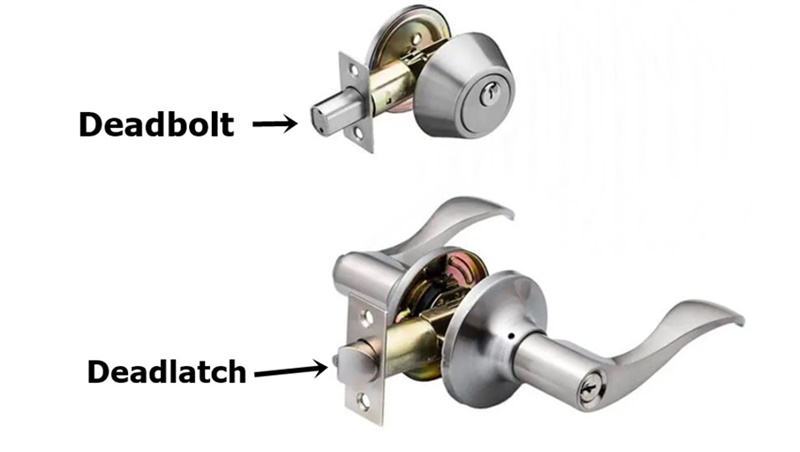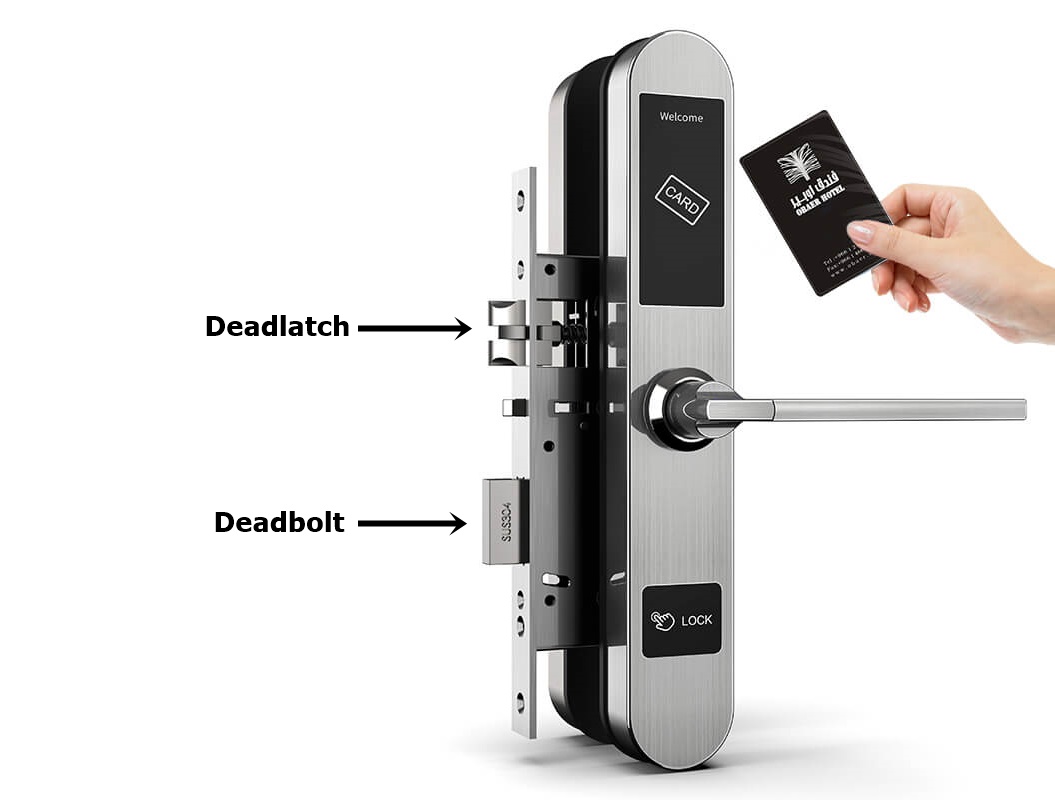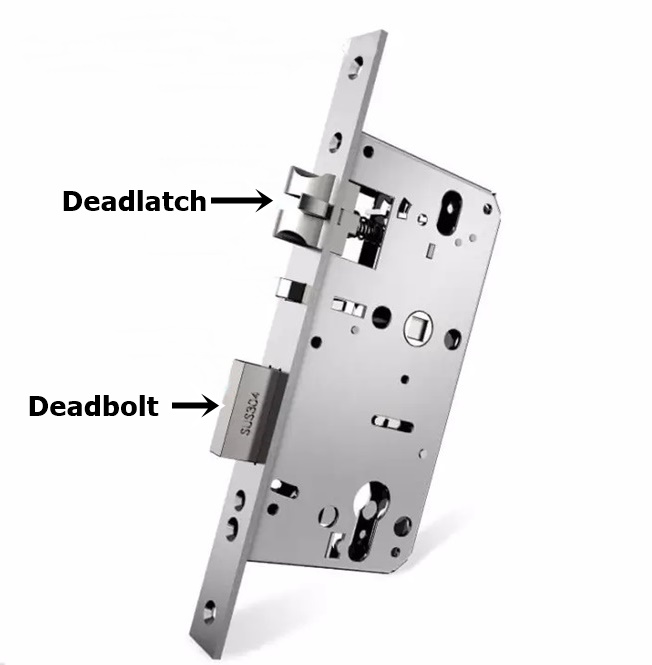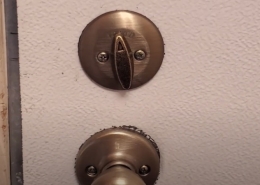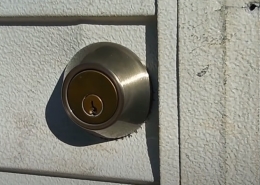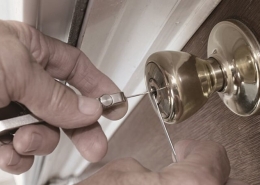Deadbolt vs. Deadlatch: Key Difference and How to Choose?
Lock systems are critical to security for homes and businesses alike. They serve as the first line of defense against unauthorized entry, helping to protect property, maintain privacy, and ensure the safety of inhabitants. Given the vast array of lock mechanisms available in the market, homeowners, business owners, and security professionals need to understand the differences and applications of various lock types.
This article delves into two popular lock systems: deadbolts and deadlatches. This comparison aims to comprehensively understand deadbolts and deadlatches, helping you decide which lock system best suits your security needs for a home or business environment.
What’s the Key Difference Between Deadbolt vs Deadlatch?
Deadbolt vs. Latch: Which One is Better?
In terms of security, deadbolts are superior to latches. They are specifically designed to offer higher protection against potential intruders. While latches are convenient for interior doors and provide basic security, they should not be solely relied upon for external doors or high-security needs.
For homeowners and businesses seeking optimal security, it’s advisable to use a combination of both: a deadbolt for primary security on external doors and latches for convenience on interior doors.
How to choose between a deadbolt and a deadlatch?
Several factors should be considered when selecting the right lock for your property to ensure that it best meets your security needs and lifestyle.
- Security Level Required: A deadbolt is often better if high security is a primary concern, especially in areas prone to break-ins. A deadlatch may suffice for general security needs, particularly in residential settings where convenience is also a factor.
- Type of Property: Residential properties may benefit from the convenience of deadlatches, especially for frequently used doors. Commercial properties, particularly those storing valuable items or sensitive information, should consider deadbolts for enhanced security.
- Frequency of Use: High-traffic doors may benefit from the ease of a deadlatch’s automatic locking feature. Doors that are not used as frequently, or where security is a higher priority than convenience, may be better suited to deadbolts.
- Door Composition and Style: Doors with glass panels near the lock might be more secure with a double-cylinder deadbolt to prevent an intruder from breaking the glass and unlocking the door from the inside. Solid doors without glass can use either type, depending on other factors like security needs.
- Determine the Purpose of the Door: Security should be a top priority for front and back entrances or any door that leads outside. Deadbolts are generally recommended for these doors due to their enhanced security features. For doors within the home, such as bedroom or bathroom doors, convenience might be more important than high-level security. Latches, integrated with doorknobs or handles, are suitable for these doors.
- Consider Installation and Maintenance: Deadbolts might require a separate hole drilled in the door, especially if one wasn’t present initially. Integrating latches with doorknobs might be easier to install on pre-drilled doors. Due to their simple mechanism, deadbolts generally require less maintenance. With their spring mechanism, latches might need more frequent checks and potential replacements.
- Budget Constraints: Typically, deadbolts are pricier than latches, especially high-quality ones with advanced security features. Latches are generally more affordable but might not offer the same level of security as deadbolts.
Conclusion
In this article, we have explored the key differences and advantages of deadbolts and deadlatches. Deadbolts are known for their high security and are ideal for areas requiring robust protection. Deadlatches, on the other hand, offer a blend of security and convenience, automatically locking when the door is closed, and are well-suited for residential use or low-risk commercial environments.
Making an informed decision about which lock system to use depends on your specific security needs, the type of property you are securing, and the balance between convenience and security you want to achieve. By understanding each lock type’s unique features and advantages, you can select the most appropriate lock to safeguard your property effectively.

